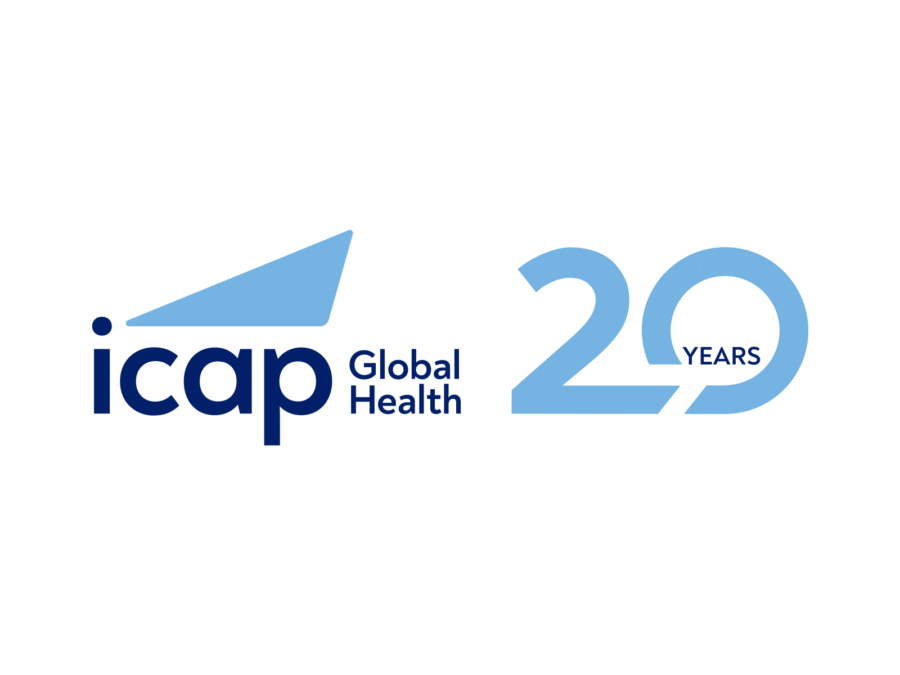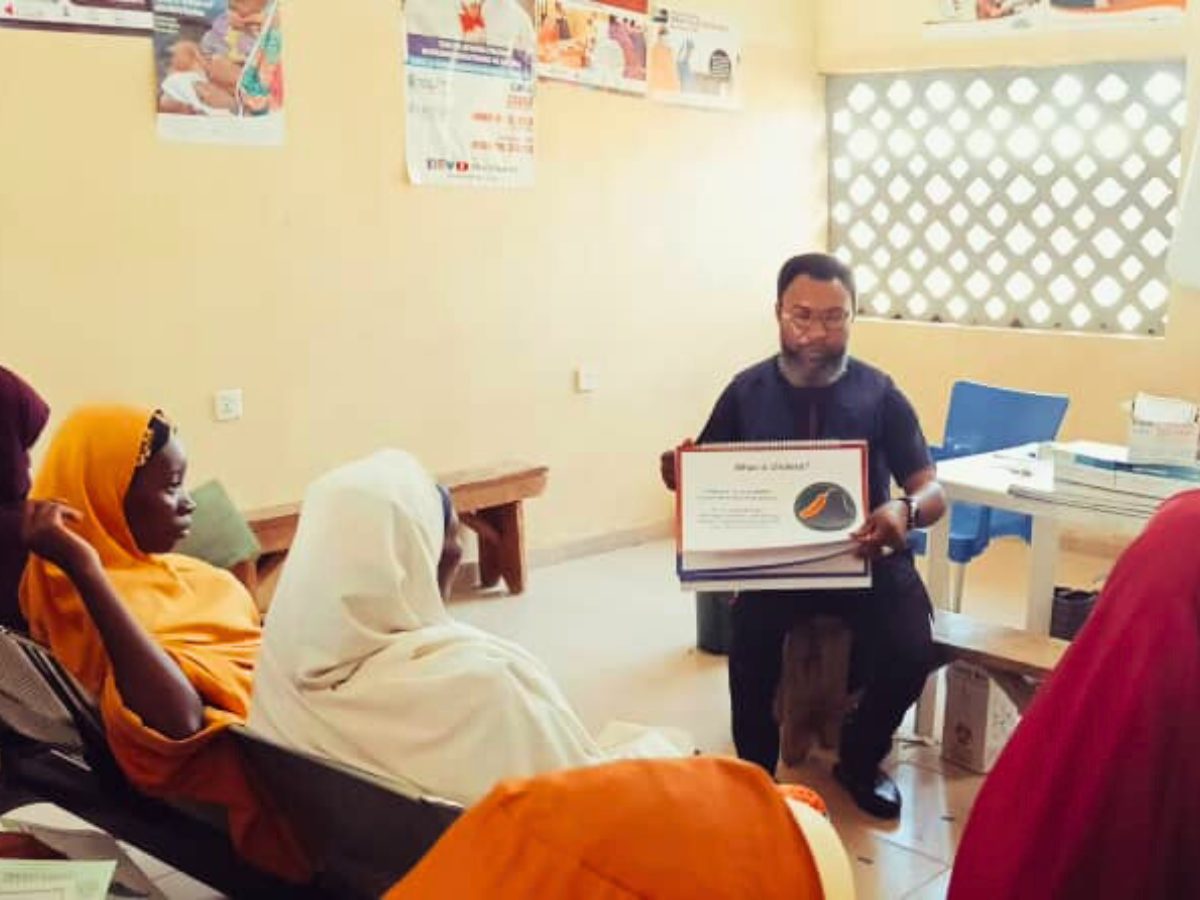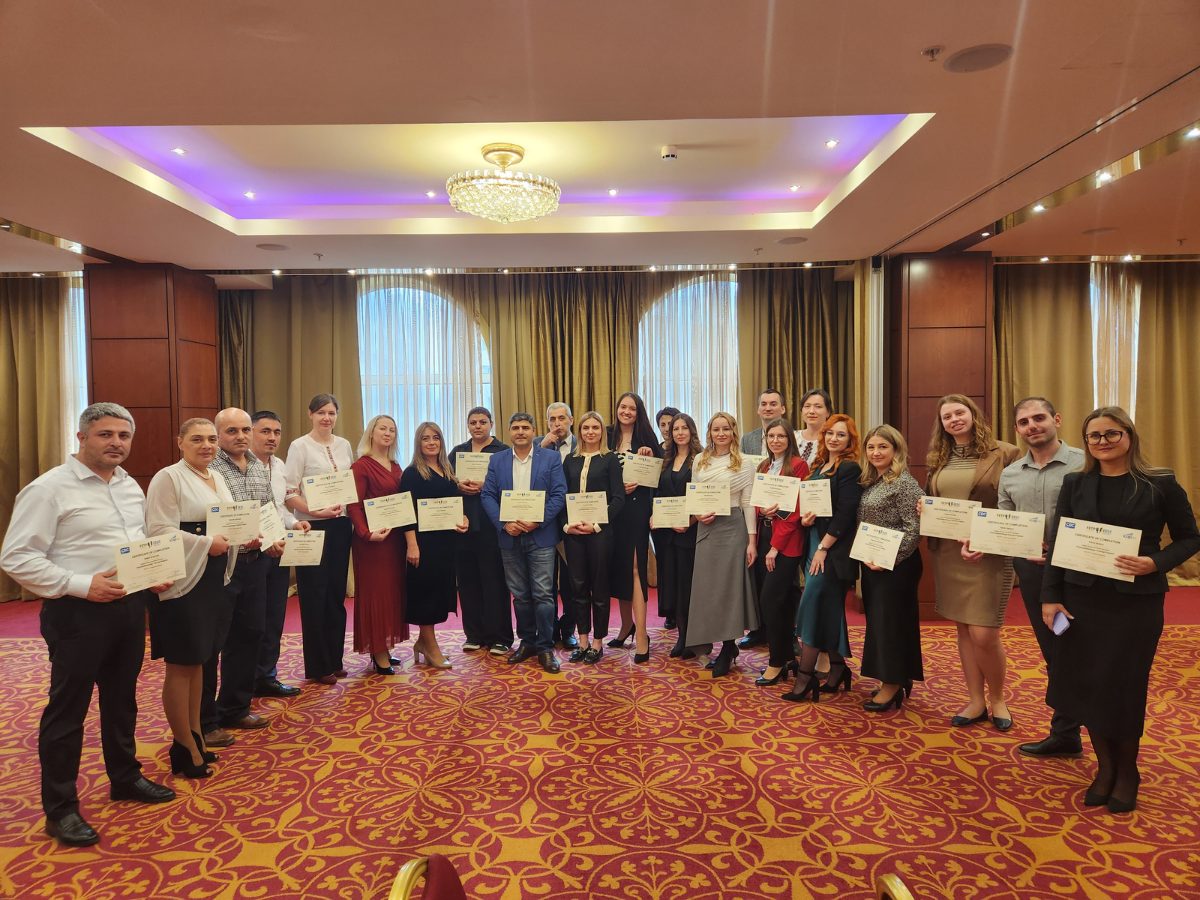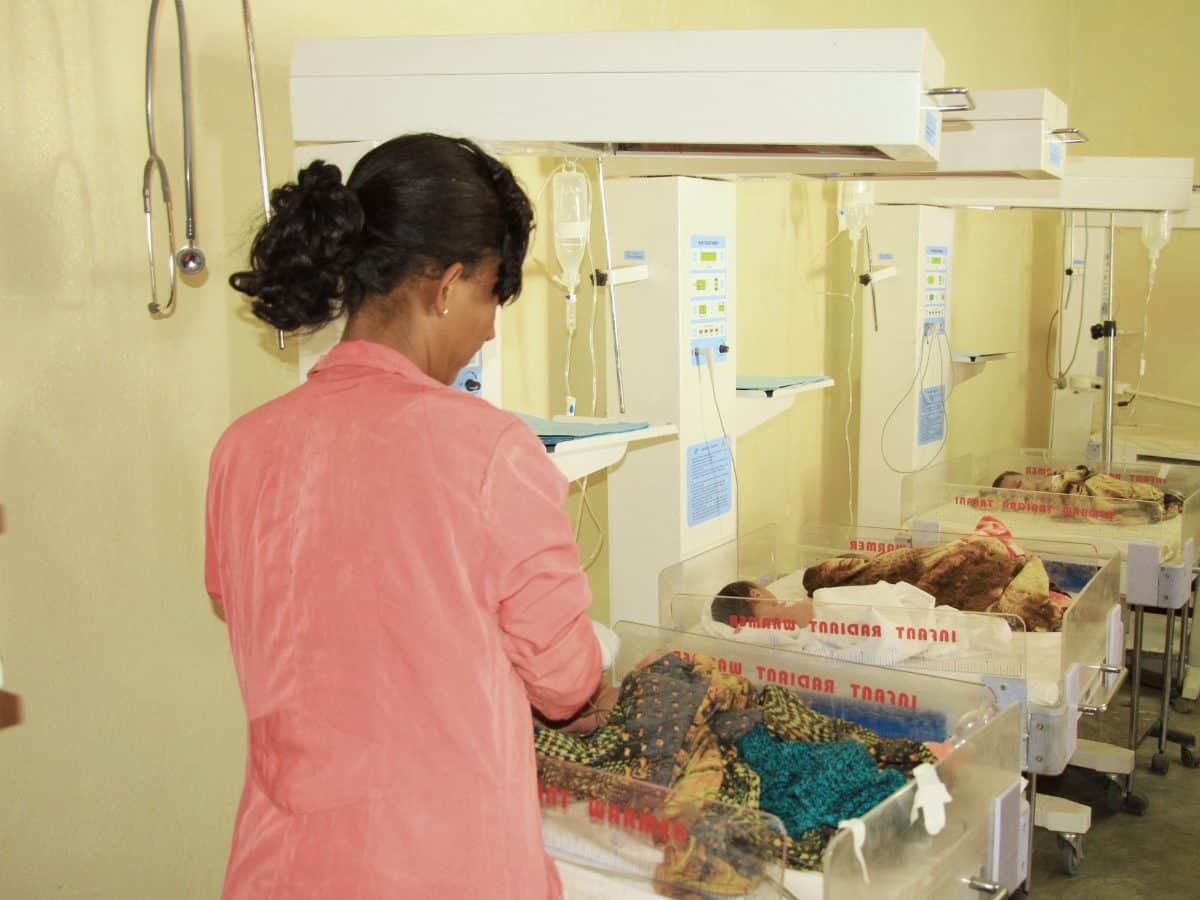Expanding TB and HIV care at medication-assisted treatment sites for people who inject drugs in Central Asia
Despite efforts by health authorities to advance HIV prevention through needle exchange programs and medication-assisted treatment (MAT) for people who inject drugs (PWID), longstanding stigma about drug use continues to slow efforts to provide critical health services to this community.
“People who inject drugs have had a lot of bad experiences,” said Adilet, a health care worker in Bishkek, Kyrgyzstan. “They don’t trust anyone, including health care providers.”
As a result, Central Asia remains one of the few places in the world where the HIVepidemic is still growing. Today, almost 60 percent of HIV infections in this region are linked to injection drug use. People who inject drugs are also disproportionately affected by tuberculosis (TB), viral hepatitis, and other health threats.
Since 2014, ICAP has been partnering with PEFPAR, the CDC, and ministries of health in the Central Asia republics of Kazakhstan, Kyrgyzstan, and Tajikistan to change health outcomes for PWID for the better.
Funded through PEPFAR’s Key Populations Challenge Fund, this work is part of efforts to expand comprehensive HIV prevention, care, and treatment for key populations, including PWID. In Central Asia, ICAP’s focus is on building the capacity of health workers and systems to enable the integration of TB, HIV, and MAT services at select MAT sites.
Medication-assisted treatment, which combines behavioral therapy and medications to treat substance use disorders, remains a controversial issue in Central Asia. As a result, MAT sites remain insufficient to meet need. In addition, such programs often focus solely on methadone distribution, rather than providing the comprehensive services PWID need.
Through its work with the ministries of health, AIDS centers, and local organizations in the three countries, ICAP trained methadone disbursement nurses to provide routine TB symptom screening and HIV care and treatment. Patients are also encouraged to bring their partners for regular HIV testing. Individuals that test positive are linked to HIV care and treatment at regional AIDS centers and Family Medical Center facilities, while those already on antiretroviral therapy receive refills and other services at MAT sites.
ICAP also developed and piloted an electronic database to store and analyze health information from MAT programs and worked with sites to extend operating hours so more patients could access TB, HIV, and MAT services.
“These changes were essential to establishing critical services and sensitizing health care workers to the unique needs of people who inject drugs,” said Dr. Anna Deryabina, ICAPcountry director in Central Asia.
In both Kazakhstan and Kyrgyzstan, there was a 45 percent increase in HIV testing among patients receiving MAT, and the number of MAT patients initiated on ART increased by over 20 percent in both countries as well. In addition, the quality of MAT services also improved. In Tajikistan, the proportion of patients who received the recommended dose of methadone increased by over 15 percent, and the proportion of MAT patients adhering to methadone treatment increased by over 30 percent.
“These results show that by training and mentoring health workers, creating linkages among health services providers, and actively engaging people who inject drugs, we can improve the health outcomes for some of Central Asia’s hardest to reach individuals,” said Dr. Deryabina.








